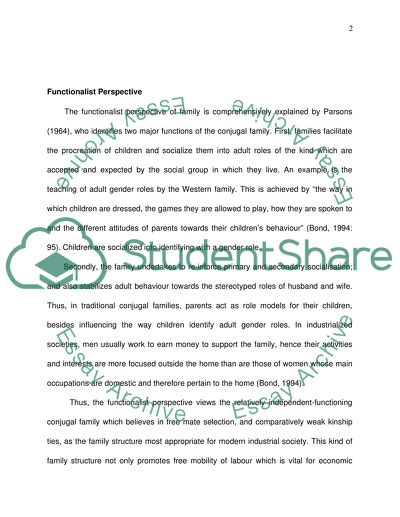Cite this document
(“Compare and contrast functionalist and marxist perspectives including Essay”, n.d.)
Compare and contrast functionalist and marxist perspectives including Essay. Retrieved from https://studentshare.org/miscellaneous/1552940-compare-and-contrast-functionalist-and-marxist-perspectives-including-feminist-perspectives
Compare and contrast functionalist and marxist perspectives including Essay. Retrieved from https://studentshare.org/miscellaneous/1552940-compare-and-contrast-functionalist-and-marxist-perspectives-including-feminist-perspectives
(Compare and Contrast Functionalist and Marxist Perspectives Including Essay)
Compare and Contrast Functionalist and Marxist Perspectives Including Essay. https://studentshare.org/miscellaneous/1552940-compare-and-contrast-functionalist-and-marxist-perspectives-including-feminist-perspectives.
Compare and Contrast Functionalist and Marxist Perspectives Including Essay. https://studentshare.org/miscellaneous/1552940-compare-and-contrast-functionalist-and-marxist-perspectives-including-feminist-perspectives.
“Compare and Contrast Functionalist and Marxist Perspectives Including Essay”, n.d. https://studentshare.org/miscellaneous/1552940-compare-and-contrast-functionalist-and-marxist-perspectives-including-feminist-perspectives.


